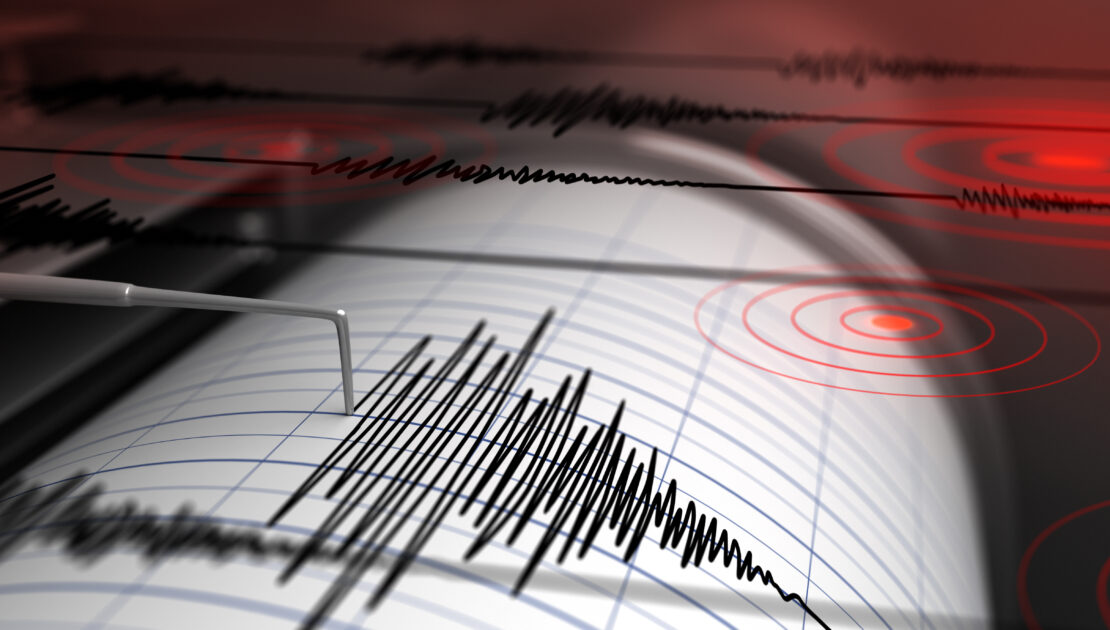Earthquakes Cause $14.7B in Annualized Losses, USGS Reports

Earthquakes cause $14.7 billion in damages and related losses on an annualized basis in the U.S., according to an updated estimate from the U.S. Geological Survey (USGS) and the Federal Emergency Management Agency (FEMA).
The updated figure, which is twice that of the previous annual estimate, reflects increasing property values, and the inclusion of the latest hazards and improvements to building inventories in the report, according to the USGS.
“This study reinforces the nation’s need to be proactive about making communities safer from threats like earthquakes,” FEMA Deputy Administrator Erik Hooks said in a release. “This includes adopting the latest seismic building codes and investing in earthquake resilience projects.”
The agencies did note the new estimate represents a long-term average, and losses in a single year can be much smaller or larger. The annualized loss estimate was derived by combining earthquake hazards, building exposure and vulnerability.
The report from USGS and FEMA also noted that recent earthquakes are resulting in more losses because of four factors:
- Substantial growth in earthquake-prone urban areas.
- Higher contributions from non-structural damage, content and functional losses.
- Vulnerability of aging building stock. The report specifically calls out poorly engineered, non-ductile concrete (lacking flexibility) and unreinforced masonry buildings.
- Increased interdependency of supply and demand for businesses that operate globally, which results in economic impact outside of an earthquake’s immediate damage area.
West Coast sees most losses, but risk spread nationwide
California, Oregon and Washington account for 78% of the national annualized earthquake losses, with California accounting for around 65% of the losses alone, according to the USGS.
While West Coast states see the most earthquake-related losses, annualized earthquake loss ratios have consistently decreased throughout the Western U.S. when compared with estimates produced in 2001, 2008 and 2017. The scientific agency noted this reduction indicates that efforts to reduce building vulnerability through modern seismic codes and earth-quake-engineering research have been successful. As such, older buildings continue to drive much of the risk in earthquake loss estimates.
Additionally, the USGS noted that earthquake risk is spread throughout the country. Across the central U.S., Rocky Mountain region, Alaska, Hawaii, Puerto Rico and the Virgin Islands there is a combined $3.1 billion in projected annual losses, the Geological Survey gave as an example.
“The overall earthquake risk continues to outpace the seismic mitigation efforts in our country,” Kishor Jaiswal, USGS research civil engineer, said in a release. “In addition to better new buildings, further attention could be given to improving earthquake-hazard and risk research targeted at identifying and cost-effectively retrofitting existing vulnerable structures.”
Article Published By: PropertyCasualty360.com
Article Written By: Steve Hallo, Managing Editor of PropertyCasualty360.com
